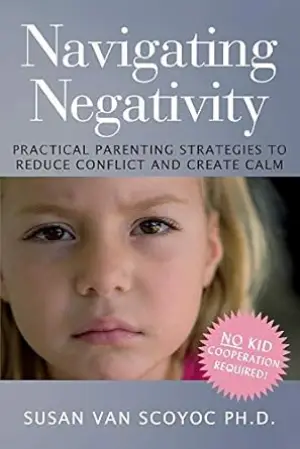A Journey Through Flame and Thought: My Experience with Fahrenheit 451
Ray Bradbury’s Fahrenheit 451 first landed on my radar during a quiet afternoon at the library. The striking cover—a blend of fiery reds and ominous blacks—caught my eye, but it was the idea of a world where books were obliterated that truly teased my curiosity. I couldn’t help but wonder, how, in our age of information, could such a scenario still resonate? Nearly seventy years after its publication, Bradbury’s cautionary tale is undeniably more relevant than ever.
At the heart of Fahrenheit 451 is Guy Montag, a fireman with a peculiar twist: in this society, firemen don’t extinguish flames but ignite them to burn away the written word. Initially, Montag is content in his conformist role, reveling in the destruction of rebellious ideas. However, everything changes when he encounters Clarisse, a free-spirited neighbor who awakens in him a sense of wonder about the world and the life he’s leading. Bradbury skillfully juxtaposes Montag’s oppressive reality with the vibrancy of Clarisse’s outlook, compelling readers to confront the emotional weight of such contrasts.
The beauty of Bradbury’s prose is breathtaking; it’s poetic and haunting. I found myself scribbling down quotes that struck a chord, particularly when Montag reflects, “It was a pleasure to burn.” It shocked me to the core, revealing the twisted pleasure in destruction—a sentiment that invites reflection on modern society’s rampant consumerism and desensitization. The pacing of the narrative feels like a blaze itself, accelerating as Montag’s internal struggle deepens and the world around him crumbles.
One of the most profound moments occurs when Montag confides in a former professor. They discuss the very essence of why books are seen as dangerous. “A book is a loaded gun,” he argues, emphasizing the inherent power of literature to ignite thought and emotion. This dialogue encapsulates the heart of Bradbury’s argument: knowledge unshackles the mind, whereas censorship breeds a stagnant, unchallenged existence. In our era of social media echo chambers and curated newsfeeds, these notions are chillingly familiar.
My journey through Fahrenheit 451 left me reflecting on the fragility of our current freedoms. As I closed the book, the abrasive silence of Montag’s society resonated. In my own life, how often do I surrender my thoughts to the mindless chatter of the world around me? Will I become complicit in my own disenfranchisement? These questions lingered long after I turned the final page.
If you’re someone who appreciates literature as a vessel for human thought, or if you’re intrigued by explorations of censorship and the intrinsic value of ideas, then Fahrenheit 451 deserves a spot on your reading list. Bradbury’s reflections on the human condition, the danger of conformity, and the vital importance of questioning our realities are not just concepts to ponder; they are imperatives for our modern existence.
In conclusion, diving into Fahrenheit 451 was not just a literary experience—it was a deep, introspective journey that reignited my passion for books in a world increasingly concerned with burning away ideas rather than nurturing them. Join Montag on his quest for meaning; perhaps you’ll emerge, as I did, more aware of the flames lurking in our own society.
You can find Fahrenheit 451 here >>






